According to the report of the Government Committee for Religious Affairs, the Cham Islam community currently has about 72,000 followers (including Cham Bani and Cham Islam). A survey by the Institute of Religious Studies (Vietnam Academy of Social Sciences ) shows that currently, the provinces and cities in the Southern region where the Cham Islam community is living are: Ninh Thuan, Binh Thuan, An Giang, Kien Giang, Tay Ninh, Binh Phuoc, Ho Chi Minh City, Dong Nai, Binh Duong, Long An, Tien Giang, Tra Vinh. Hanoi alone has a small community of Islam, operating at the mosque at 12 Hang Luoc Street.
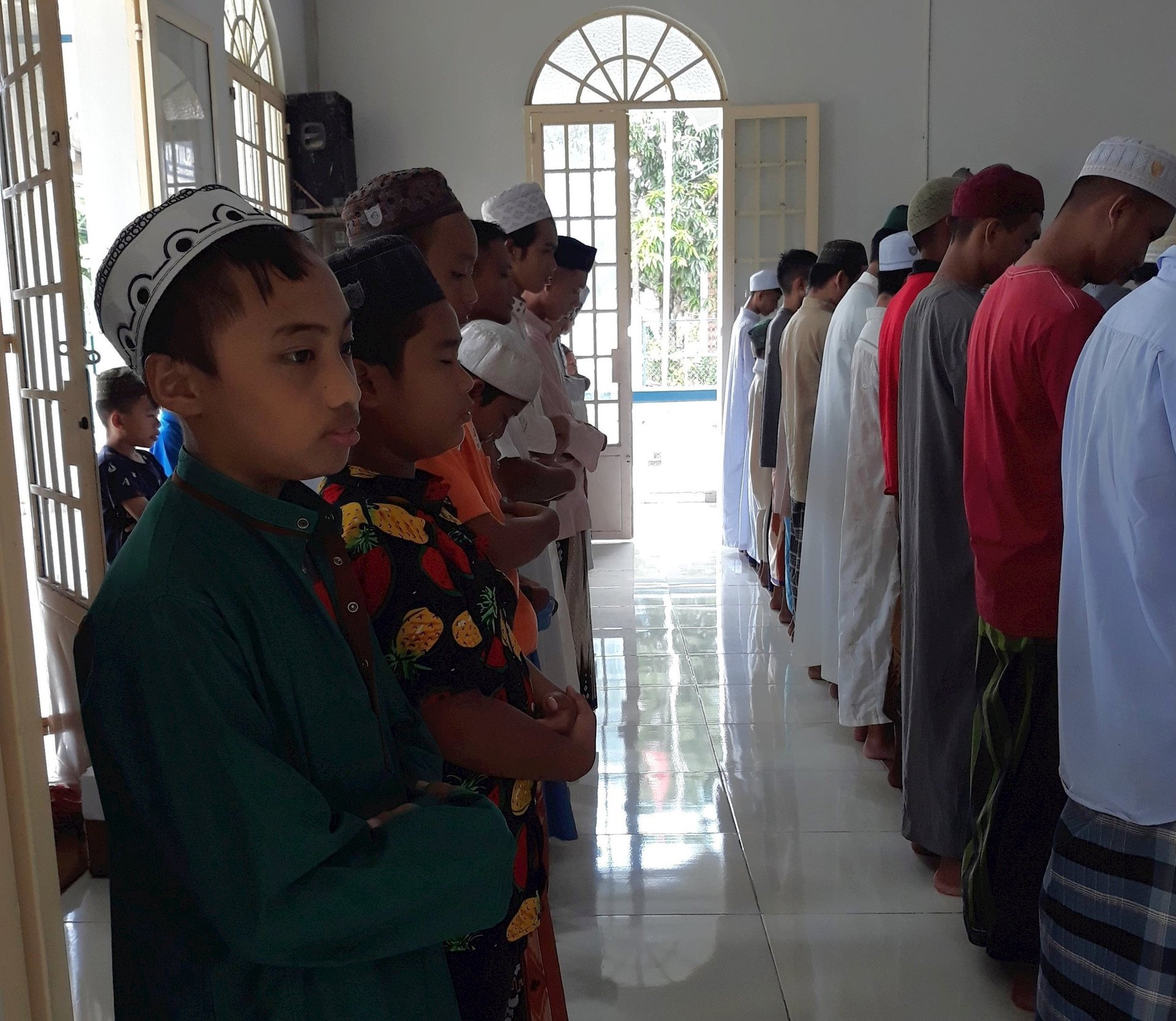
According to Dr. Nguyen Thi Que Huong (expert at the Institute of Religious Studies), as one of the ethnic communities in Vietnam, the Cham people have lived in the Central region of Vietnam for a long time. Over time and with the ups and downs of history, the Cham Islam people have migrated to surrounding countries. Until the end of the 19th century, the increasingly developed trade process in the Southern region with the outside world created conditions for the Cham Islam people of Vietnamese origin from Malaysia and Indonesia to immigrate back to this land, gradually forming a foreign community of residents following Islam in Ho Chi Minh City, An Giang, Tay Ninh... During the development process, the Cham Islam people have interacted and integrated with other ethnic groups in the country and internationally. From there, they have created unique cultural features of this community and have many similarities with the culture of the Vietnamese people.
Most of the Cham Islam community lives in rural areas rather than in urban areas, so their main jobs are farming, freelance work, and small-scale trading... With the support of the State and the domestic and international Islamic community, the Cham Islam community in recent years has made changes, proactively integrating into the economy and making contributions to society.
Up to now, for nearly 20 years, localities with Cham Islam communities have implemented Directives and Announcements in Cham ethnic minority areas, such as: Announcement No. 119-TB/TW dated September 30, 2003 of the Secretariat on "Working policy on Islam in the new situation"; Directive 06/2004/CT-TTg dated February 18, 2004 on continuing to promote socio-economic development, ensuring security and order for Cham ethnic minority areas in the new situation (2004-2015 period)... The support and job creation of Cham Islam ethnic minority people have been of interest to our Party and State and have achieved many positive results.
According to data compiled by the Ethnic Committee, after only 10 years of implementing Directive 06, provinces and cities with Cham people in general and Cham Islam in particular have made positive changes. 100% of communes have solidified car roads to the commune center, electricity, medical stations, schools, cultural houses, commune cultural post offices... The centralized domestic water system has been invested to ensure serving the people's lives and activities. The irrigation system has been invested to basically ensure the requirements for irrigation and production.
Purely Cham communes all have markets (some communes have 2 markets) to serve the needs of buying, selling, and exchanging goods... The problem of lack of land for production has been basically solved. The rate of poor households has decreased by an average of 1 - 2.4% per year, approaching the average poverty reduction rate of the whole country.
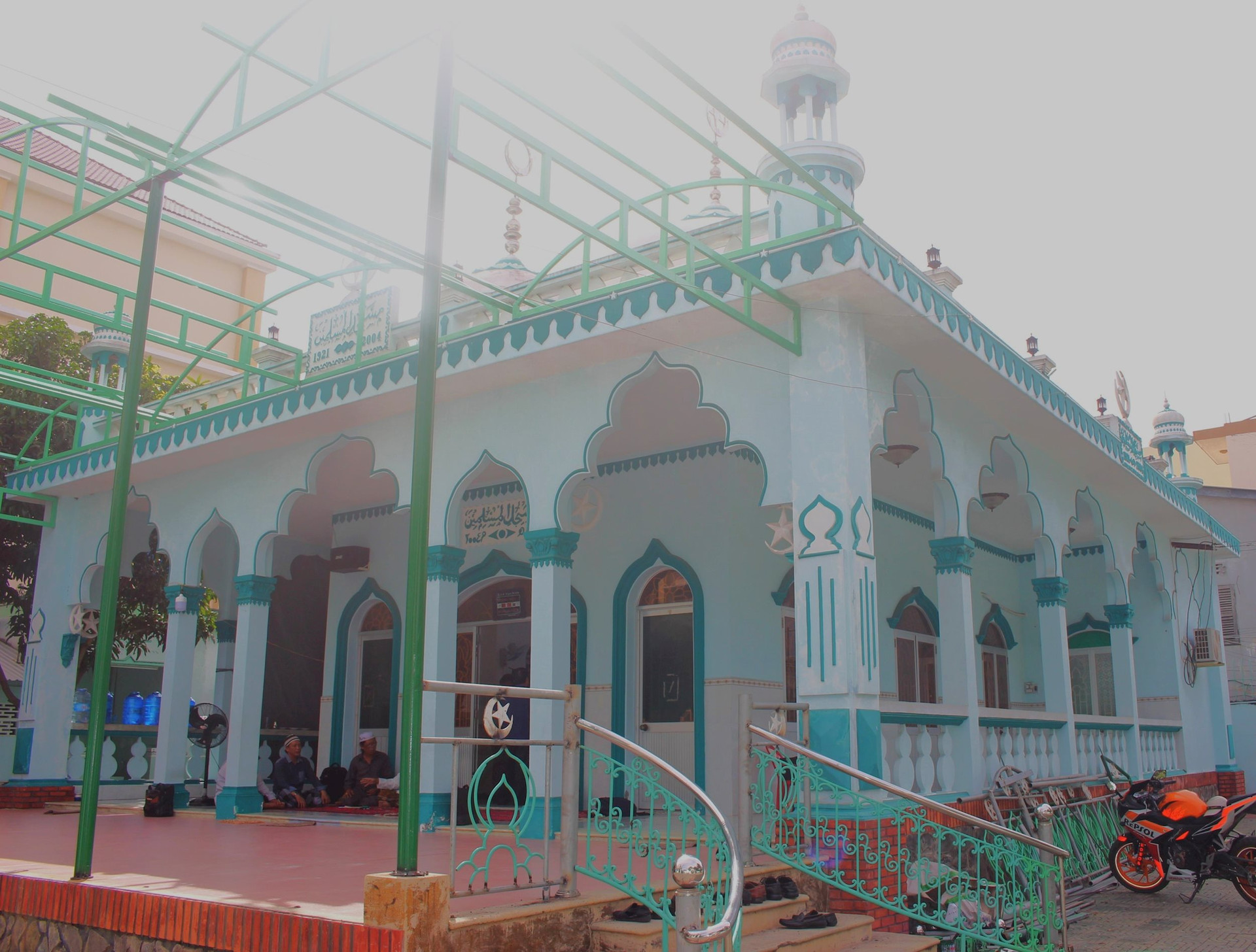
Along with support from organizations in health care, loans, infrastructure construction and economic training, the Cham community is also supported by the Cham Islam, especially in religious practices such as the Korban ceremony. According to Dr. Nguyen Thi Que Huong, financial and material support is quite common in the Cham Islam community, because any Muslim must perform Zakat - an individual's annual donation obligation for charitable activities, especially for the well-off and wealthy, they must donate even more. Muslims are not allowed to lend money, or if they do, it is a taboo according to the teachings of Allah in the Quran, so they only borrow capital from the state. The support of Islamic organizations abroad also indirectly creates economic resources for the locality.
Along with the support of socio-political organizations and the Islamic community, the Cham Islam people themselves also try to create useful relationships that can support them in life. This is also a beautiful feature in the culture of behavior and diplomacy of the Islam people, which is always harmonious, friendly, and sociable in the process of making a living. The survey results of the Institute of Religious Studies show that the Cham Islam people in Vietnam always maintain good relationships with people of other ethnic groups who do not follow Islam; as well as the Cham people and other ethnic groups following Islam abroad. That shows that migration both domestically and internationally is also a factor that creates useful relationships for their lives, at the same time, affirms the spirit of solidarity and cohesion in the Islamic community.
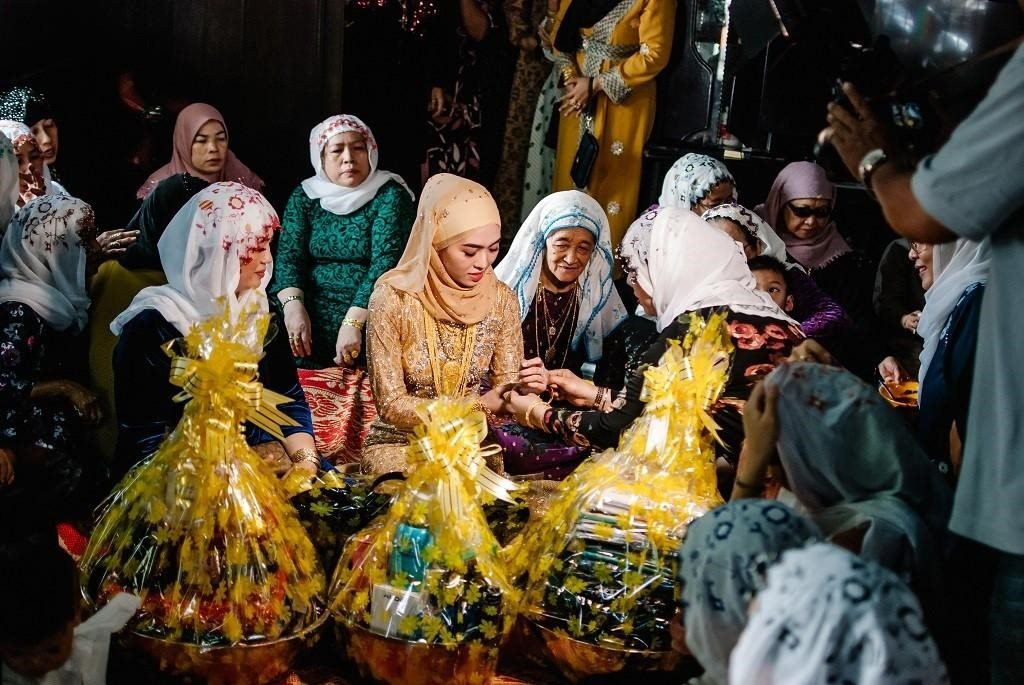
Cham Islam people are always outward-looking, wishing to expand their relationships with other communities to enhance solidarity and unity, in line with the Vietnamese national spirit of the two words "compatriots" that President Ho Chi Minh always promoted.
It can be seen that the policies of the Party and State for the Cham community in general and Cham Islam in particular are having positive effects. When the economy develops, the lives of believers are improved, which will also contribute to ensuring social security, stabilizing security and order, strengthening national solidarity and community confidence in a more prosperous future.
Source



![[Photo] Nearly 3,000 students moved by stories about soldiers](https://vphoto.vietnam.vn/thumb/1200x675/vietnam/resource/IMAGE/2025/5/17/21da57c8241e42438b423eaa37215e0e)
![[Photo] More than 17,000 candidates participate in the 2025 SPT Competency Assessment Test of Hanoi National University of Education](https://vphoto.vietnam.vn/thumb/1200x675/vietnam/resource/IMAGE/2025/5/17/e538d9a1636c407cbb211b314e6303fd)
![[Photo] Prime Minister Pham Minh Chinh chairs meeting on science and technology development](https://vphoto.vietnam.vn/thumb/1200x675/vietnam/resource/IMAGE/2025/5/17/ae80dd74c384439789b12013c738a045)
![[Photo] Readers line up to visit the photo exhibition and receive a special publication commemorating the 135th birthday of President Ho Chi Minh at Nhan Dan Newspaper](https://vphoto.vietnam.vn/thumb/1200x675/vietnam/resource/IMAGE/2025/5/17/85b3197fc6bd43e6a9ee4db15101005b)



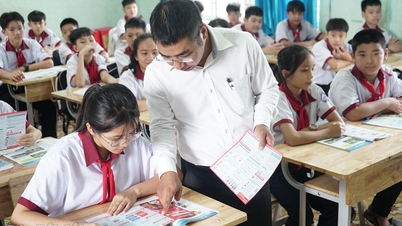
































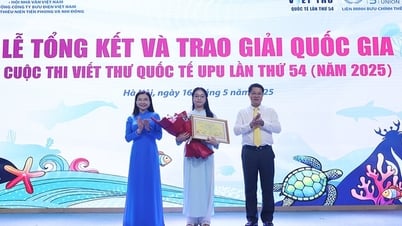

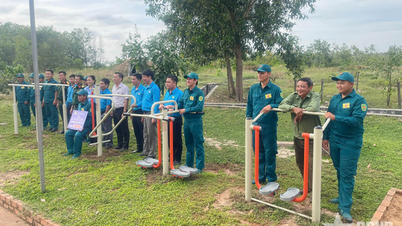














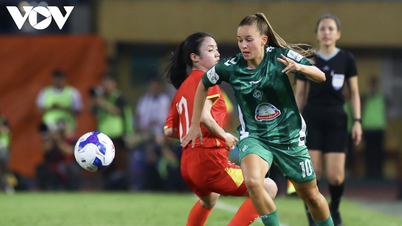

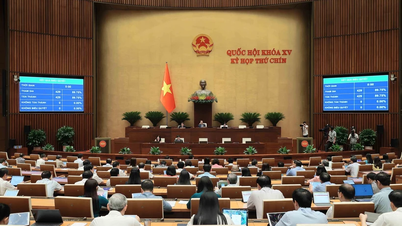












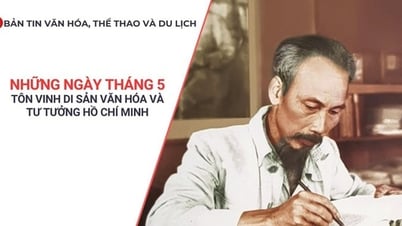
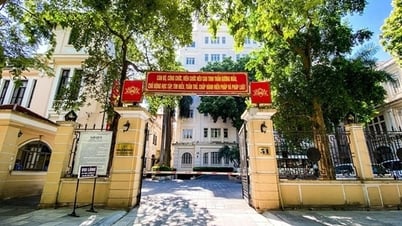
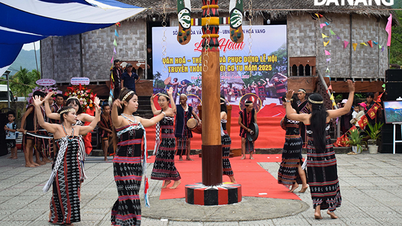

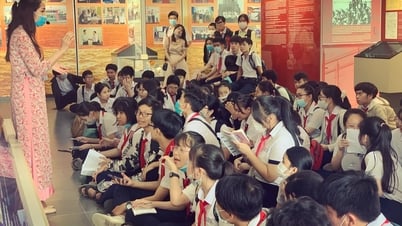
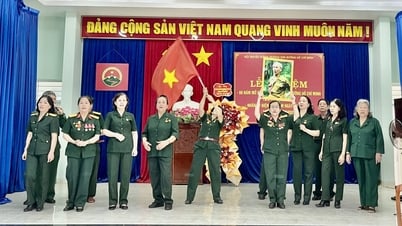





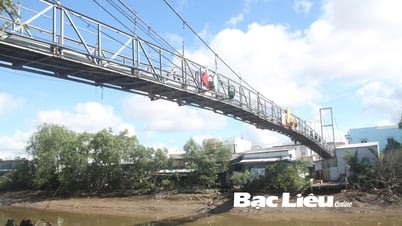










Comment (0)